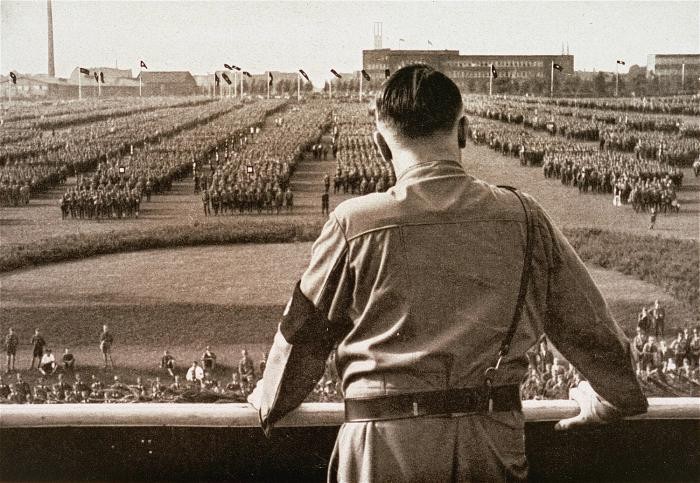During World War II, amidst numerous legendary stories and heroes, there emerged a figure known as the “God of War” among the German soldiers. This extraordinary soldier, Werner Mölders, gained recognition for his relentless killings on the battlefield. Although he did not rise to the rank of a general, his exceptional combat record left a lasting impression. Mölders served as a German air force fighter pilot.
When discussing the German Air Force, the name that often comes to mind is Richthofen, famously known as the “Red Baron,” who shot down 80 enemy fighters during World War I. However, Mölders soon surpassed this record. During World War II, he shot down an astounding 101 enemy fighters, including an impressive 14 fighters during his first battle as a German Nazi. As a result, he was swiftly promoted from soldier to captain upon his return.
Mölders further solidified his status as the “God of War” during Germany’s invasion of France, where he excelled in aerial battles, downing nine fighters. In subsequent engagements, he shot down a total of 68 fighters, coming within reach of surpassing Richthofen’s record of 80 victories.
What followed was truly remarkable. During a German offensive against the Soviet Union, Mölders took to the skies 29 times, surpassing both Richthofen’s and the monumental 100-victory milestone. He became the first pilot in history to achieve 100 air combat victories. In recognition of this extraordinary accomplishment, he was awarded The Grand Cross by the German military. Additionally, Mölders played a crucial role in developing a new fighter formation tactic known as the “four-finger formation” for the German Air Force.
However, Mölders’ journey took an unexpected turn. Despite his numerous victories and lack of injuries, Hitler made the decision to prevent him from returning to the battlefield. The reason behind this surprising order was Mölders’ unstoppable prowess, which had become a nightmare for the Allied forces. At the age of only 28, Mölders had the potential to continue breaking records if he remained in active combat. Hitler’s decision was driven by the fear that if Mölders were to encounter an unforeseen event on the battlefield, Germany would lose an irreplaceable asset. Unfortunately, fate had a tragic twist in store for Mölders. Shortly after this order, he met an untimely end in a plane crash while traveling as a passenger.
Thus, Werner Mölders, the formidable and revered “God of War,” left an indelible mark on the history of aerial combat, having achieved unparalleled success. Despite his fighting career being cut short by Hitler’s decree, his legacy as one of the most powerful pilots of his time endures.
